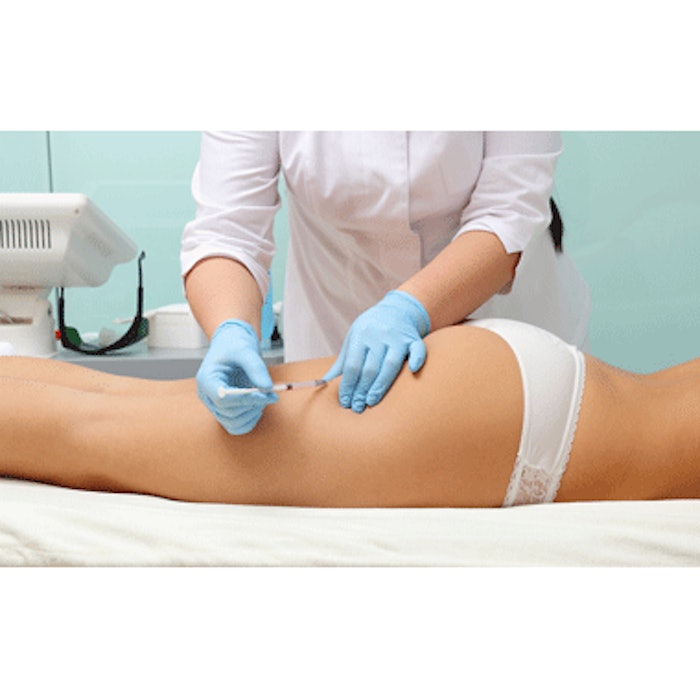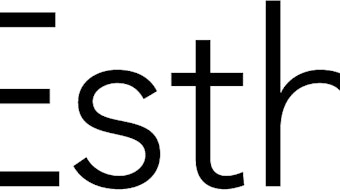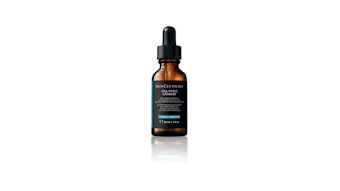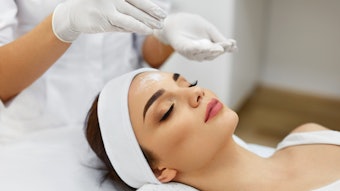
Phase 2 data of Endo International’s collagenase clostridium histolyticum (CCH) for the treatment of cellulite, published in Dermatologic Surgery (February 28, 2019), demonstrate that CCH delivered clinically meaningful and statistically significant improvement as compared to placebo for all primary and secondary endpoints.
The Phase 2 clinical trial enrolled 375 women aged 18 years or older (mean age 46.5), who were randomized to receive up to three treatment sessions of CCH (0.84 mg/session, n=189) or placebo (n=186), with each treatment session occurring approximately 21 days apart. Twelve injections were administered into cellulite dimples during each session across an entire treatment area (left or right buttock, or left or right posterior thigh).
At Day 71, 10.6 percent of CCH-treated subjects showed a 2-level composite improvement in cellulite compared to 1.6 percent who received placebo, and 44.6 percent of CCH-treated subjects showed a 1-level composite improvement in cellulite compared to 17.9 percent who received placebo. The most common adverse events were injection-site related and included mild to moderate bruising, pain, nodule, pruritus, erythema and/or discoloration.
“The possibility of an injectable treatment for cellulite is exciting for both patients and aesthetic physicians,” said Neil Sadick, MD, lead investigator and clinical professor of dermatology, Weill Cornell Medical College. “As the clinical trial program for CCH advances, each new study and its corresponding data analysis demonstrate that CCH could be a major advancement in treating an issue that affects a majority of women during their lifetime.”
Image copyright Getty Images











